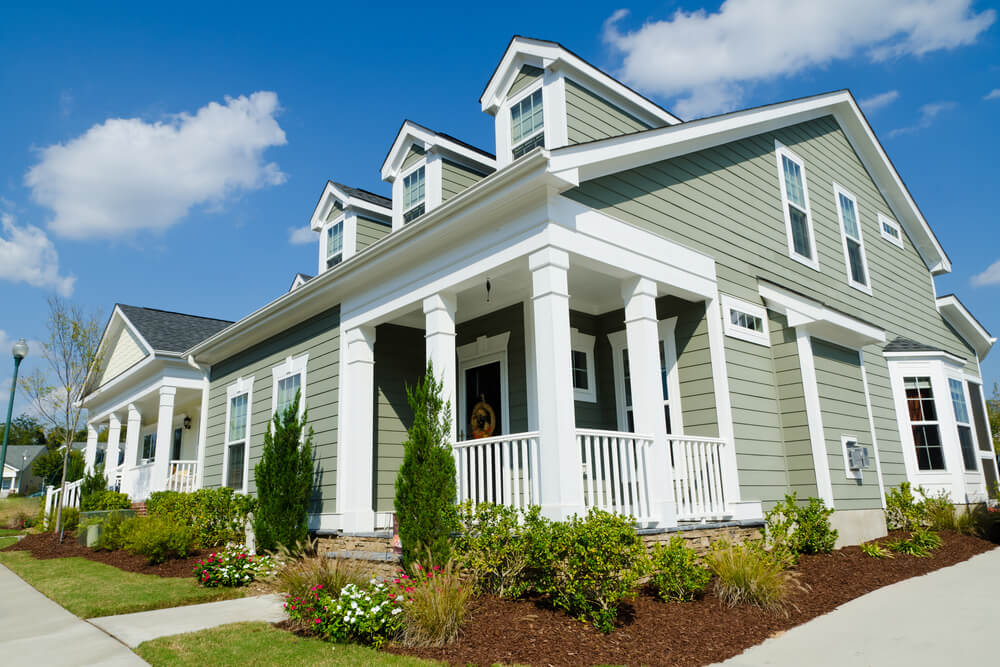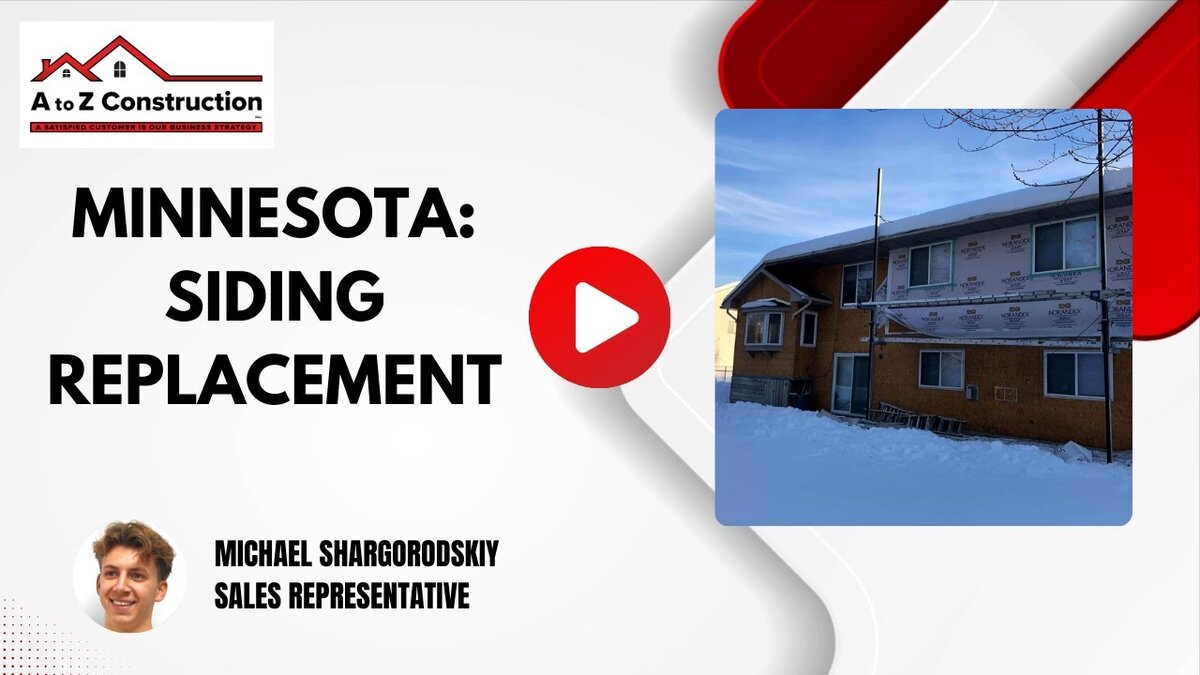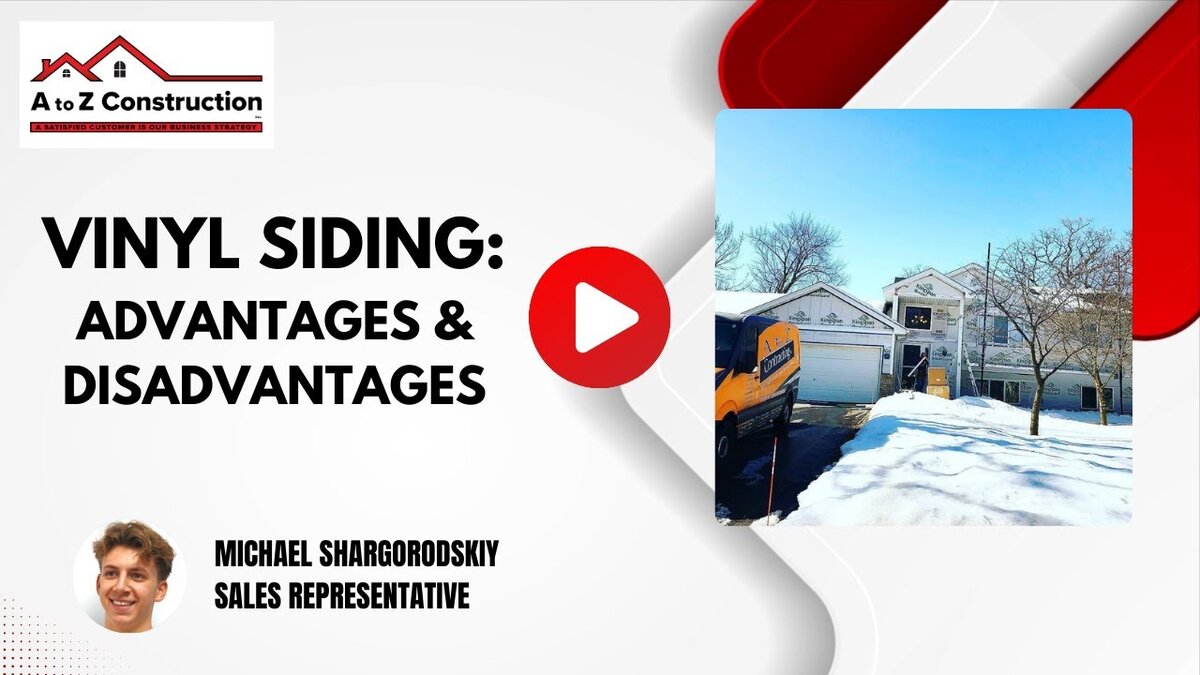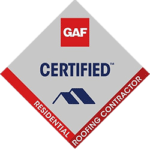Siding is essential to any home’s exterior, protecting it from the elements and providing an attractive appearance. When it comes to siding installation, homeowners want to ensure that their investment is protected. One way to do this is by choosing a siding contractor that offers a warranty on their work.
In addition to the manufacturer’s warranty, many siding contractors offer their own warranties on the installation work. These warranties can vary in length and coverage, so it’s important to read the fine print and understand what is and isn’t covered. Some warranties may only cover defects in workmanship, while others may cover damage caused by severe weather or other external factors.
Types of Siding Warranties
When it comes to siding, warranties are essential to protect your investment. Homeowners should be aware of three main types of siding warranties: manufacturer’s warranty, workmanship warranty, and materials warranty.
Manufacturer’s Warranty
A manufacturer’s warranty is a guarantee from the siding manufacturer that their product will be free from defects for a specified period. This warranty covers the replacement or repair of the siding if it fails due to manufacturing defects. The warranty length varies from manufacturer to manufacturer but typically ranges from 20 to 50 years.
It’s important to note that manufacturer’s warranties only cover defects in the siding itself. They do not cover damage caused by improper installation, weather, or accidents. Homeowners should carefully review the terms and conditions of the warranty to understand what is covered and what is not.
Workmanship Warranty
A workmanship warranty guarantees the siding contractor that their work will be free from defects for a specified period. This warranty covers the replacement or repair of the siding if it fails due to poor workmanship. The warranty length varies from contractor to contractor but typically ranges from 1 to 5 years.
It’s important to note that workmanship warranties only cover defects caused by the installation process. They do not cover damage caused by weather or accidents. Homeowners should carefully review the terms and conditions of the warranty to understand what is covered and what is not.
Materials Warranty
A materials warranty is a guarantee from the supplier of the siding materials that their product will be free from defects for a specified period. This warranty covers the replacement or repair of the siding if it fails due to manufacturing defects. The warranty length varies from supplier to supplier but typically ranges from 5 to 25 years.
It’s important to note that materials warranties only cover defects in the materials themselves. They do not cover damage caused by improper installation, weather, or accidents. Homeowners should carefully review the terms and conditions of the warranty to understand what is covered and what is not.
Understanding the different types of siding warranties is crucial when investing in new siding. Homeowners should carefully review the terms and conditions of each warranty to ensure that their investment is protected.
Understanding Siding Installation Warranties
When it comes to siding installation warranties, there are two types to consider: labor warranties and installation warranties. Both types of warranties can provide peace of mind and protect homeowners against potential issues that may arise after installing siding.
Labor Warranties
Labor warranties cover the workmanship of the installation crew. If any issues arise due to poor workmanship, such as gaps or improper installation, the labor warranty will cover the cost of repairs or replacement. Typically, labor warranties last one to two years after installation.
It’s important to note that labor warranties do not cover issues that arise due to material defects or damage caused by external factors, such as severe weather or accidents.
Installation Warranties
When it’s time for your siding to be replaced, it’s important to know that installation warranties cover the materials used in the installation process. If any issues arise due to material defects, such as warping or cracking, the installation warranty will cover the cost of repairs or replacement. Installation warranties can vary in length, but typically last for 10 to 25 years.
It’s important to read the details of the installation warranty carefully, as some warranties may only cover certain types of damage or have specific exclusions.
In addition to labor and installation warranties, some siding manufacturers may offer additional warranties for their products. These warranties can cover issues such as fading, chipping, or cracking and vary in length and coverage.
Overall, it’s important to carefully review all warranties and understand what is and is not covered. Homeowners should also work with reputable siding installation contractors and manufacturers to ensure that their warranties are valid and will provide the necessary coverage in the event of an issue.
Factors Affecting Siding Warranties
When it comes to siding warranties, a few factors can affect the length and coverage of the warranty. These factors include the material type, installation method, and geographical location.
Material Type
The type of siding material used can significantly impact the length and coverage of the warranty. For example, vinyl siding typically has a longer warranty than wood siding. This is because vinyl is a more durable and low-maintenance material that is less susceptible to damage from weather and pests.
Fiber cement siding and metal siding also tend to come with longer warranties than wood siding. However, it’s important to note that the specific warranty terms can vary depending on the manufacturer and the quality of the material used.
Installation Method
The installation method used for the siding can also affect the warranty. If the siding is not installed properly, it can lead to problems down the line that the warranty may not cover. For example, if the siding is not properly sealed, it can allow moisture to seep in and cause damage to the underlying structure of the home.
To ensure that the warranty remains valid, it’s important to have the siding installed by a professional who is experienced in the specific type of siding being used. This can help prevent installation issues that could void the warranty.
Geographical Location
The home’s geographical location can also impact the warranty on the siding. Homes in areas with extreme weather conditions, such as high winds, heavy rain, or harsh sunlight, may require more frequent maintenance and repairs than homes in milder climates.
As a result, manufacturers may offer different warranty terms for homes located in different regions. Homeowners should check with the manufacturer to see if there are any specific warranty terms based on their geographical location.
Overall, it’s important to carefully review the warranty terms for the siding before making a purchase. By understanding the factors affecting the warranty, homeowners can make an informed decision and ensure their investment is protected.
Understanding Types of Siding and Siding Installation Warranties

Several types of warranties are available for siding and siding installation. Homeowners should carefully review the warranty options provided by their siding contractor or manufacturer before making a final decision. Some key factors to consider when evaluating warranties include the warranty length, the coverage provided, and any limitations or exclusions that may apply. To learn more about siding and siding installation warranties, contact A to Z Construction today.











